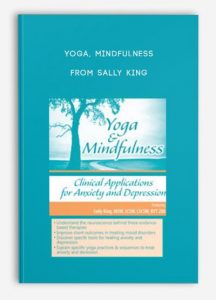 Yoga, Mindfulness from Sally King
Yoga, Mindfulness from Sally King
More information about Medical:
Medicine is the science and practice of establishing the diagnosis, prognosis, treatment, and prevention of disease.
Medicine encompasses a variety of health care practices evolved to maintain and restore health by the prevention and treatment of illness.
Contemporary medicine applies biomedical sciences, biomedical research, genetics, and medical technology to diagnose, treat, and prevent injury and disease,
typically through pharmaceuticals or surgery, but also through therapies as diverse as psychotherapy, external splints and traction, medical devices, biologics, and ionizing radiation, amongst others.
Medicine has been around for thousands of years, during most of which it was an art (an area of skill and knowledge) frequently having connections to the religious and
philosophical beliefs of local culture. For example, a medicine man would apply herbs and say prayers for healing, or an ancient philosopher and physician would apply bloodletting according to the theories of humorism.
In recent centuries, since the advent of modern science, most medicine has become a combination of art and science (both basic and applied, under the umbrella of medical science).
While stitching technique for sutures is an art learned through practice, the knowledge of what happens at the cellular and molecular level in the tissues being stitched arises through science.
Outline:
Integrating Empirically-Based Practices: Yoga and Mindfulness
- Core elements of yoga and mindfulness
- Effects on health and stress
- Neuroscience – how contemplative practices rewire the brain
- Day to day, moment to moment practice
- Yoga and mindfulness as clinical interventions
- Trauma informed Yoga Practices
Yoga and Mindfulness: Clinical Interventions for the Mind and the Emotions
- Compassion for self and others
- Non-violence – recognizing and changing negative self-talk
- Increasing positive emotions, decreasing negative impact of unpleasant emotions
- Tools for working with intense emotions
- Letting go of false identities; strengthening the ‘true self’
- Mindful decision making through values clarification
- Strategies for relapse prevention
- Poetry as bibliotherapy – deepening understanding, building self-compassion
Yoga: Clinical Interventions for the Physical Body
- Gentle yoga sequences for anxiety and depression
- Mantras for addressing anxiety and depression
- Breathing practices to support a good mood
- Breath and emotional regulation
- Deep relaxation to decrease insomnia and anxiety
- Cultivating the capacity to witness and concentrate – clinical applications
Clinical Skills, Therapist Renewal
- Yoga and mindfulness as self-care practices for clinicians
- Practitioner strategies for deepening and maintaining non-judgmental presence
- Language for seamless integration of strategies into health care sessions
Description:
- Understand the neuroscience behind these evidence-based therapies
- Improve client outcomes in treating mood disorders
- Discover specific tools for healing anxiety and depression
- Explain specific yoga practices & sequences to treat anxiety and depression
Recovery from anxiety and depression presents a formidable challenge for both clients and clinicians. Yoga and mindfulness facilitate clients’ movement through recovery and beyond – rewiring the brain to experience greater happiness. These tools encourage therapeutic presence and self-compassion, allowing for greater intimacy in the client/therapist relationship.
Yoga and mindfulness provides clients with new experiences for the mind and the body. Cumulatively, these experiences create an alternative view and new neural pathways supporting clients in responding to distressing experiences rather than reacting to them. Experienced practitioners and those new to yoga and meditation will benefit from this workshop.
Join Sally King, licensed clinical social worker and registered yoga trainer, for this informative recording and explore empirically supported approaches of yoga and mindfulness through lectures, small group work and gentle postures. You will learn brief, easily implemented, clinical interventions for regulating emotions, improving mood and cultivating positive thinking. In addition, you will review scientific evidence supporting these approaches in clear language designed to encourage and motivate clients. Learn why these practices are effective and how they work to treat anxiety and depression.


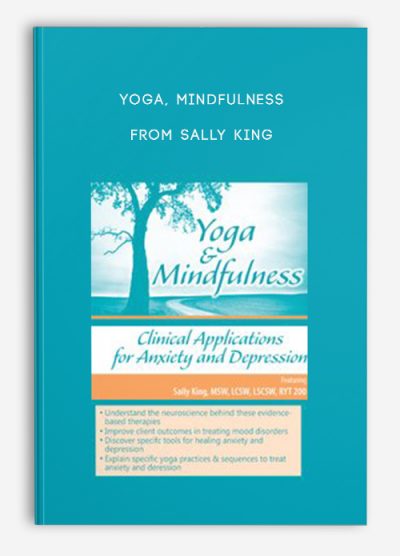

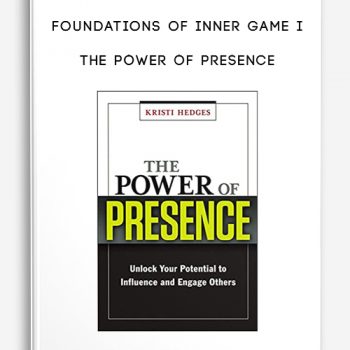
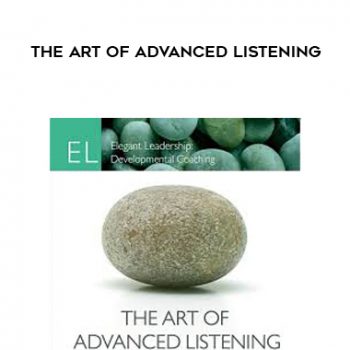
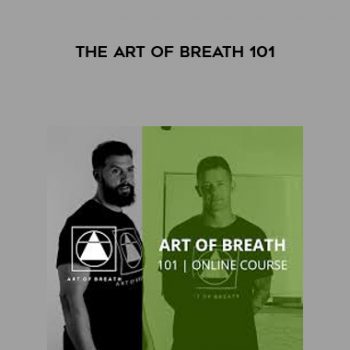


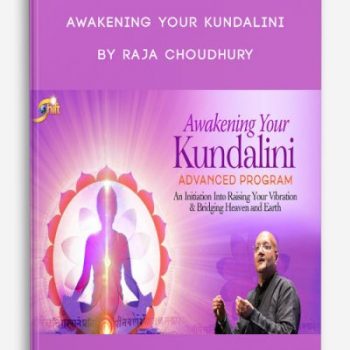



tristian –
This is Digital Download service, the course is available at Coursecui.com and Email download delivery.